Workers’ compensation is a type of insurance that helps support eligible workers who get sick or injured at work, including while working from home.
Resources relevant to remote and isolated work
To minimise risks to workers’ health and safety, you must have control measures in place to manage the risks associated with remote and isolated work.
If you’re a person conducting a business or undertaking (PCBU), you have a duty to protect workers’ health and safety. This includes managing the risks associated with remote and isolated work.
Workers may face increased or additional work health and safety risks when working alone or in a remote location. This includes a lack of second opinion, support or assistance with difficult tasks, or no one around to notice if they are fatig
Resources on working from home
Working from home may change WHS risks or create new ones. It may also impact how you meet your WHS duties. For example, how you consult with workers, identify hazards, or implement control measures.
Persons conducting a business or undertaking (PCBUs) must ensure, so far as is reasonably practicable, the health and safety of workers when they are working from home. WHS duties apply even if workers request to work from home or they are working from home due to external factors (e.g.
WHS laws apply to when workers work from home just as they do in traditional workplaces such as offices. Working from home can have benefits for both workers and businesses. However, the WHS risks must still be managed.
Work health and safety (WHS) laws apply when workers work from home just as they do in traditional workplaces such as offices.
Working alone or remotely can increase the health and safety risks of any job. Workers may be isolated from support and assistance because of where or when they’re working, or the nature of their work they are doing.
Most jobs involve some psychosocial hazards. These are the hazards that can harm workers’ mental health.
This model Code of Practice provides guidance on how to provide and maintain a physical work environment that is without risks to health and safety.
It covers:
